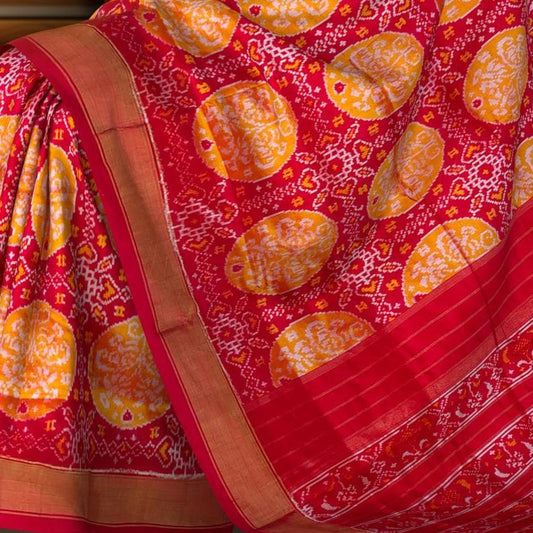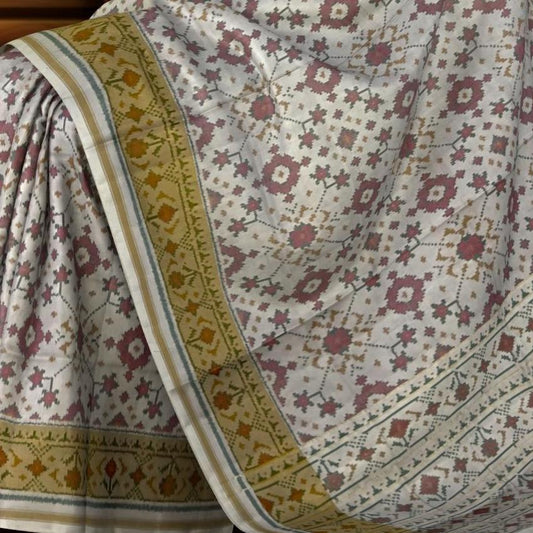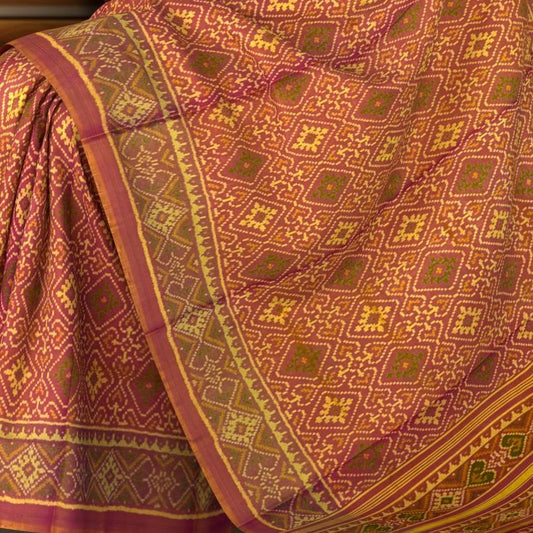Weavers Demand QCO Impact Assessment as a Priority
The weaving industry, an integral part of India’s textile sector, is voicing its concerns about the implementation of the Quality Control Order (QCO) on synthetic materials like nylon and polyester. Weavers argue that while ensuring quality is crucial, the unassessed repercussions of QCO on their livelihoods and the broader textile ecosystem could have unintended consequences.
What is the QCO?
The QCO mandates stringent quality standards for the production and distribution of synthetic yarns, including nylon. This initiative is aimed at enhancing the competitiveness of Indian textiles in global markets and ensuring that domestic consumers receive high-quality products. However, the immediate enforcement of these regulations has raised apprehensions among smaller players in the weaving sector.

Weavers' Concerns
-
Economic Strain on Smaller Units: Many small-scale weaving units lack the financial capacity to comply with the QCO requirements immediately. Upgrading machinery or sourcing certified raw materials could inflate costs, making their products less competitive.
-
Supply Chain Disruptions: The enforcement of QCO without sufficient preparation may disrupt the supply chain for raw materials, especially for units reliant on affordable, uncertified yarn.
-
Employment Impact: The weaving sector employs millions of workers, particularly in semi-urban and rural areas. Any disruption could lead to job losses, aggravating economic challenges for these communities.
-
Lack of Awareness and Support: Many weavers are not fully aware of the QCO's provisions or how to comply with them. The absence of clear guidance and government support has amplified their concerns

Call for Impact Assessment
Weavers are urging the government to conduct a detailed impact assessment before enforcing the QCO. They believe that such an evaluation would:
- Highlight potential challenges in implementation.
- Identify the support mechanisms needed for smaller weaving units.
- Allow time to upgrade infrastructure and processes.
A Balanced Approach
A collaborative approach between policymakers, industry stakeholders, and weavers can address the concerns while maintaining the QCO's objectives. This could include:
- Financial Assistance: Subsidies or low-interest loans to help units comply with standards.
- Phased Implementation: Allowing gradual adoption of QCO regulations to ease the transition.
-
Training and Awareness Campaigns: Educating weavers on compliance and the long-term benefits of QCO.

Conclusion
While the QCO represents a step forward in ensuring quality and global competitiveness for Indian textiles, its success hinges on inclusive planning and execution. By prioritizing an impact assessment, the government can balance the needs of the weaving community with the broader objectives of quality enhancement.
This approach not only safeguards the livelihoods of millions but also strengthens the foundation for a robust and resilient textile industry.







Leave a comment
Please note, comments need to be approved before they are published.